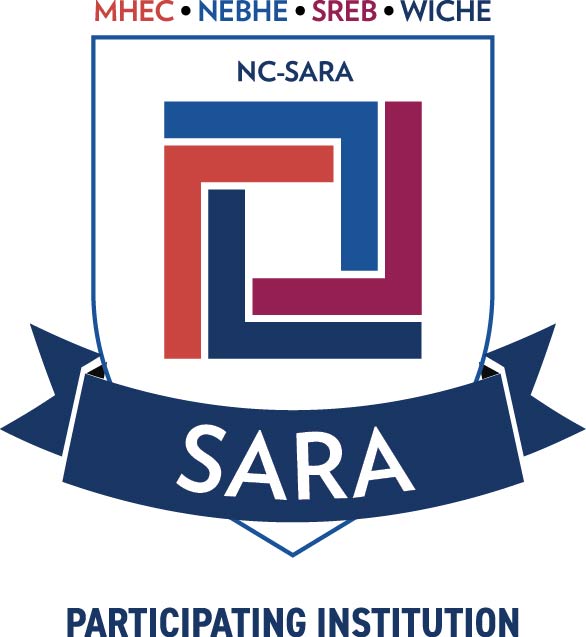SARA (State Authorization Reciprocity Agreements) Process for Resolving Complaints and Conflicts
Contact: Teaching and Learning Technologies
Updated: 2/2/26
 Process for resolving complaints and conflicts
Process for resolving complaints and conflicts
William Jewell provides students with Information to help them make informed decisions about their education. The William Jewell Student Consumer Information can be found here. Information on the process for reporting and resolving complaints through the College using the General Grievance Policy may be found here. You may also find a copy of SARA’s Complaint Resolution Policies and Procedures below. SARA’s policies only apply to students from outside of the State of Missouri participating in online classes through William Jewell College. Complaints that have been exhausted through William Jewell’s general grievance process should be sent to info@dhewd.mo.gov, (800) 473-6357 at the Missouri Department of Higher Education and Workforce Development, or to the state where the student resides.
Missouri Department of Higher Education Policy
The Coordinating Board of Higher Education has published a policy on complaint resolution which may be accessed here.
More information on the SARA Student Complaint Process can be found here.
